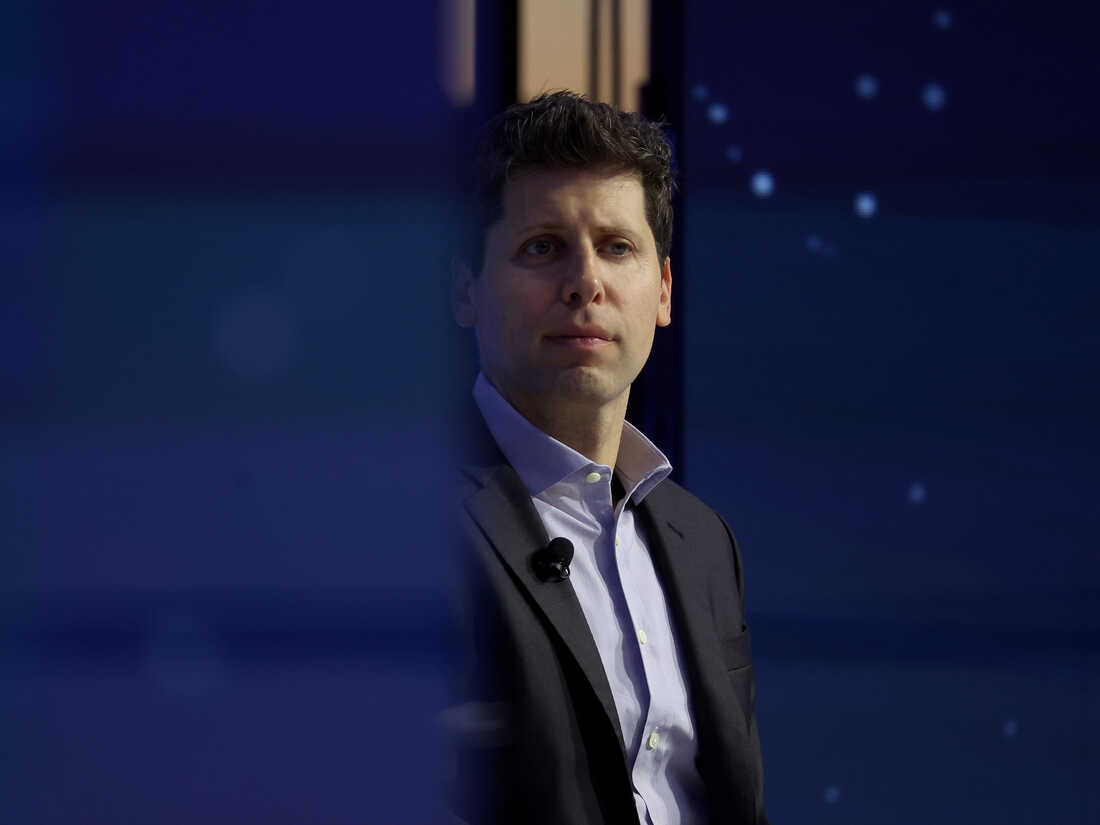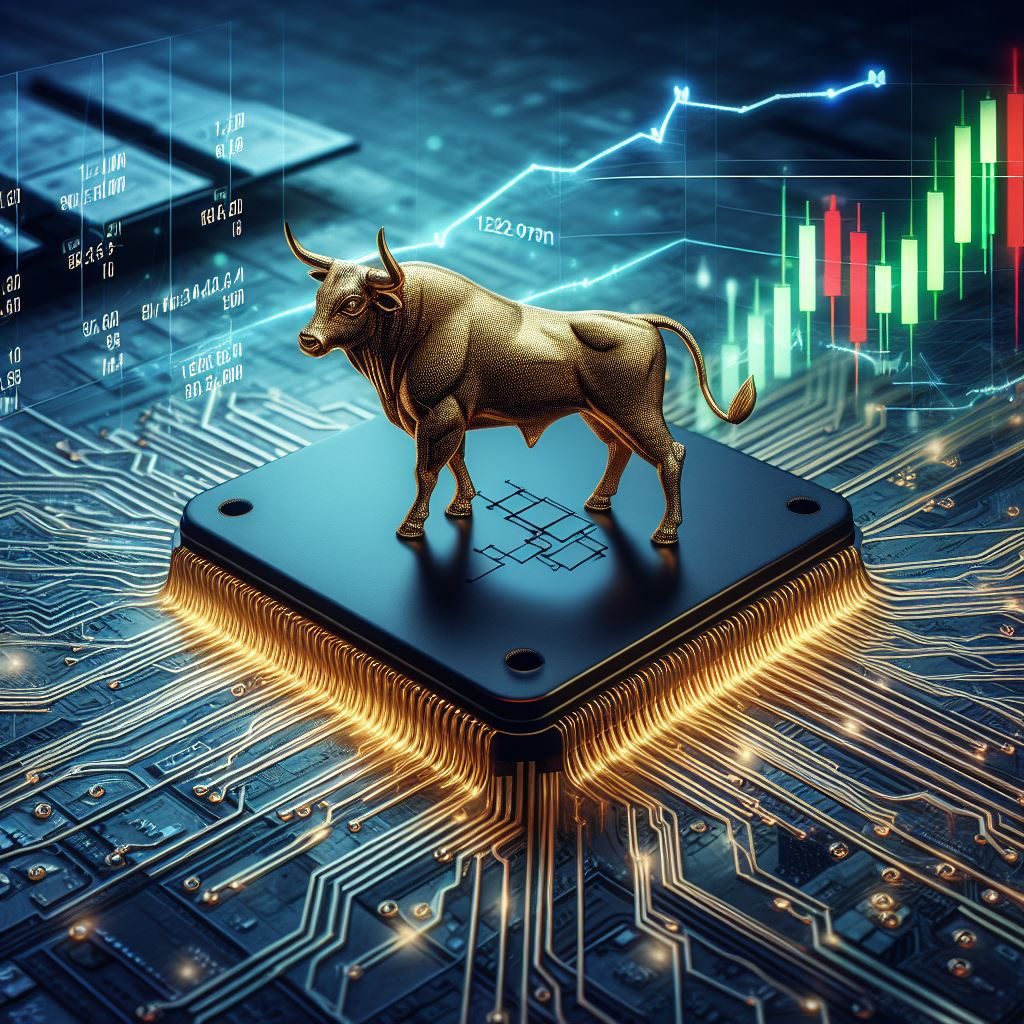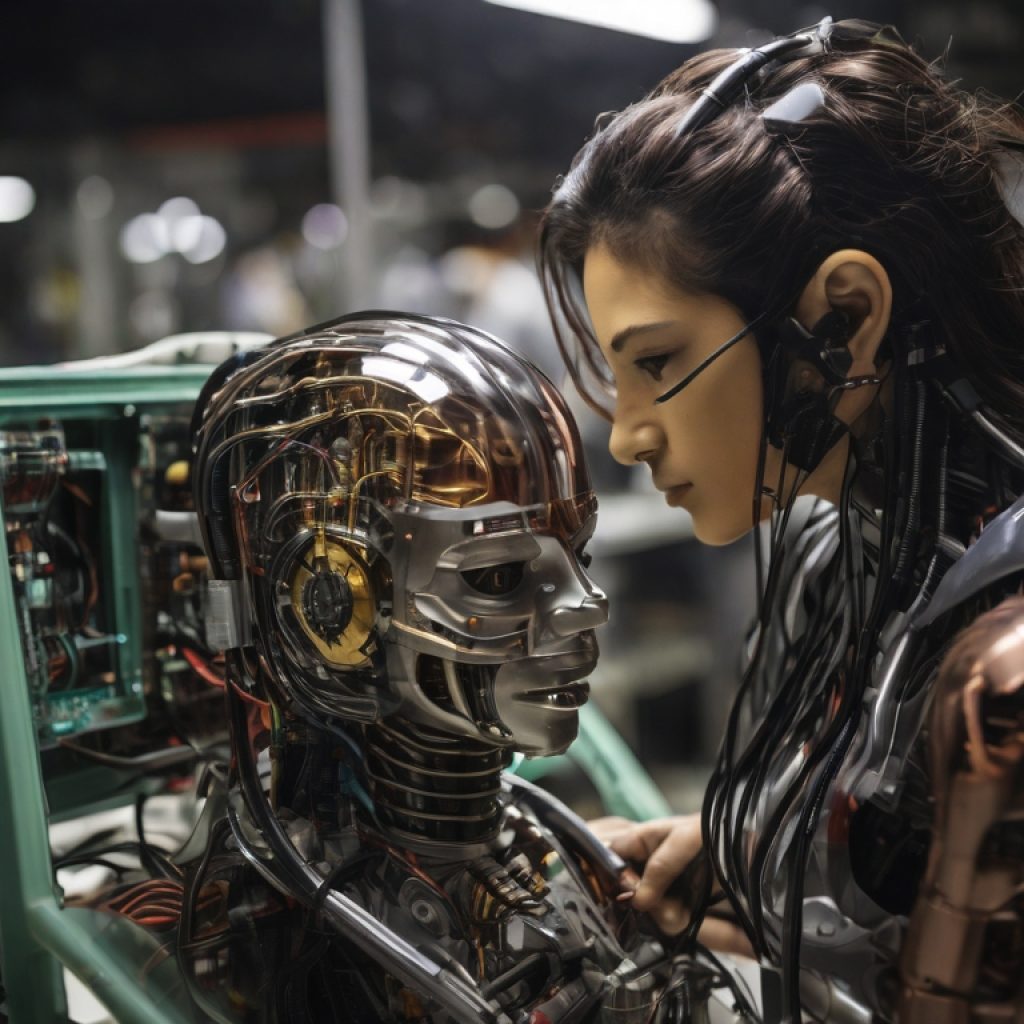In the aftermath of Sam Altman’s unexpected return to OpenAI, investor Vinod Khosla’s critique sheds light on the “errant” behavior of the board, redirecting the discourse from the anticipated AI uprising to the more imminent threat of human hubris. The clash between techno-optimists and techno-pessimists takes center stage as Khosla reveals the irrationality and faith-based decision-making within the OpenAI board.
This unexpected turn forces a reconsideration of the narrative surrounding artificial intelligence, urging a focus on the unintended consequences of misplaced faith rather than the perceived danger of machines.
Khosla’s perspective prompts a deeper examination of the ideological clash within the boardroom. The debate transcends the dichotomy of man versus machine, unveiling a struggle between conflicting views on the future of AI.
The board’s actions become a cautionary tale, emphasizing the need for rational decision-making and the dangers of steering the course based on ideology rather than pragmatic considerations. As the techno-optimists and techno-pessimists continue their ideological tug-of-war, the question looms: Is the real threat to AI progress rooted in human decision-making rather than the capabilities of artificial intelligence itself?
The human quandary in AI governance
Beyond the boardroom drama at OpenAI, a broader view reveals a fundamental issue plaguing the AI landscape: human limitations in comprehending and managing accelerating change. The clash between non-profit and for-profit interests within OpenAI raises questions about the effectiveness of governance when conflicting goals are at play.
The failure of the board to act in the best interests of investors is seen as a symptom of a more profound problem: the struggle of human beings to understand and manage the complexities of the evolving technological landscape.
Renowned futurist Ray Kurzweil’s insights into our inability to grasp exponential change become pivotal in understanding the governance challenges faced not only by OpenAI but by society at large. The clash between non-profit and for-profit entities becomes a microcosm of the broader struggle to manage the accelerating pace of technological advancement. This human quandary poses a significant threat to the responsible development of AI, highlighting the pressing need for a more nuanced approach to governance that transcends ideological boundaries.
Rise of apocalyptic thinking and anticipatory anxiety
As the narrative surrounding AI takes on apocalyptic tones, concerns emerge about the psychological impact of anticipatory anxiety on society. The fear of AI distracting humanity from real threats, such as climate change and geopolitical conflicts, becomes palpable. The rational fear is that AI might lead to a state of techno-dependence, stripping humans of their agency and essential attributes. The question arises: Can we navigate the inevitable future of AI without succumbing to a dystopian narrative?
The rise of apocalyptic thinking introduces a new phenomenon: “Apocalyptic Anxiety.” Health and wellness professionals warn of the physical and psychological harm caused by this anxiety, emphasizing the potential long-term impact on the human psyche.
As the fear of AI-induced doom grows, it becomes crucial to consider whether this apprehension might divert attention from pressing issues like climate change. The narrative unfolds as a cautionary tale, urging society to find a balanced perspective and avoid succumbing to irrational fears that could hinder progress in the face of real and present dangers.
As we grapple with the looming uncertainties of AI, the cautionary tale points towards the need for responsible leadership. The therapeutic value of apocalyptic thinking is acknowledged, but the challenge lies in uncovering, revealing, and acting on the tangible opportunities and threats of AI. The question lingers: Are we equipped to deal with the inevitable without succumbing to extremes? Until then, the warning remains to beware the errant humans and the unintentional harm they may bring to the evolving AI landscape.




